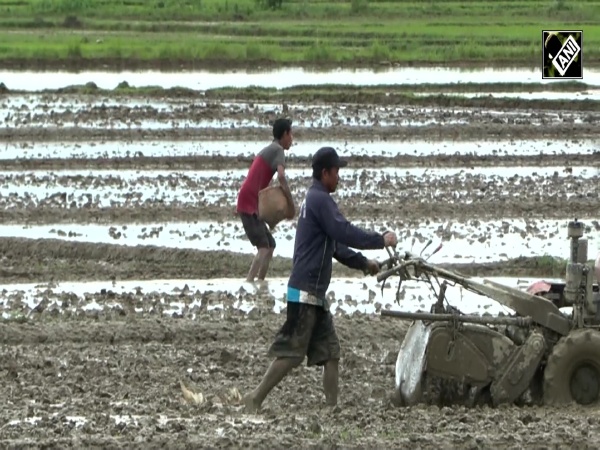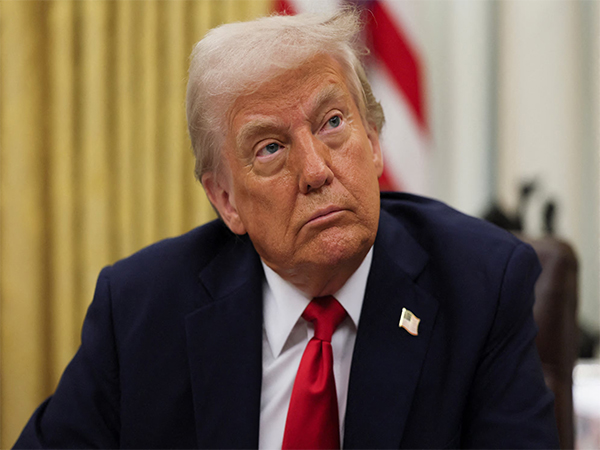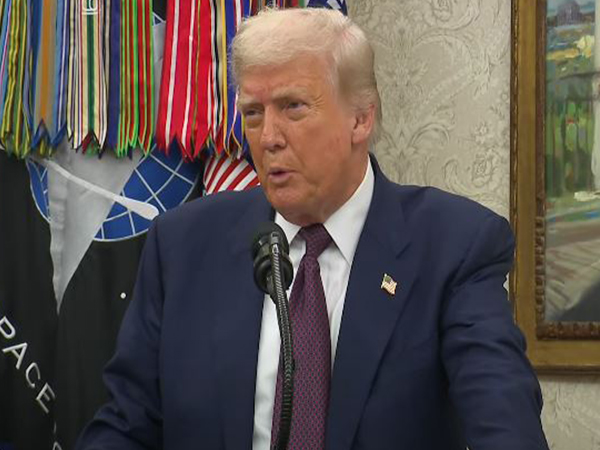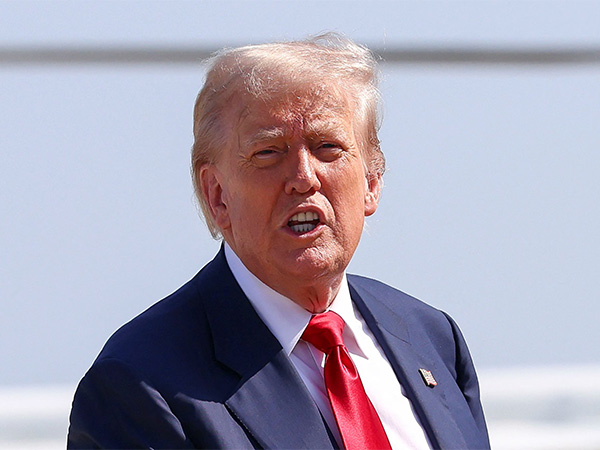
Taiwan's May exports reached a record high level, boosted by new tech
Jun 20, 2025
Taiwan [Taiwan, June 20 : Taiwan's export orders in May reached a record high for the month, boosted by continuously expanding global demand for artificial intelligence (AI) applications, said the Korea's Ministry of Economic Affairs (MOEA), as reported by The Korea Herald.
Statistically, Export orders experienced a year-on-year growth of 18.5 per cent at USD 57.93 billion, marking the fourth consecutive month of annual growth.
Additionally, AI and cloud industry demands drove orders for information and communication products, including servers, networking devices and display cards, to a total of USD 18.2 billion, marking a record high for the month and year-on-year growth of 29.5 per cent.
Taiwan's export orders for electronic products, like semiconductors and printed circuit boards, hit a record high of USD 21.57 billion, surging 27.7 per cent year-on-year, propelled by demand for AI and high-performance computing.
However, traditional industries faced a downturn, with orders for chemical products dropping 17.4% and rubber/plastics falling 14.3% from the previous year.
Huang Wei-jie, acting head of the Ministry of Economic Affairs' (MOEA) Department of Statistics, attributed this decline to China's slow recovery and overcapacity, which led to product dumping and eroded orders for Taiwanese firms.
Looking ahead, export order sentiment suggests a decline in June. Companies across traditional industries, electronics, and information and communication sectors are reporting a slowdown in advance orders. Server manufacturers anticipate a dip in June due to typical product line transitions.
While consumer product orders, especially for textiles, are strong due to stocking for second-half sales events, broader uncertainties loom. The upcoming July 9th end of the 90-day "reciprocal tariffs" suspension and unclear U.S. tariff policies are creating economic uncertainty, potentially impacting investment and consumption. Both the Central Bank and the Directorate-General of Budget, Accounting and Statistics forecast weaker economic conditions in the second half of 2025.




























